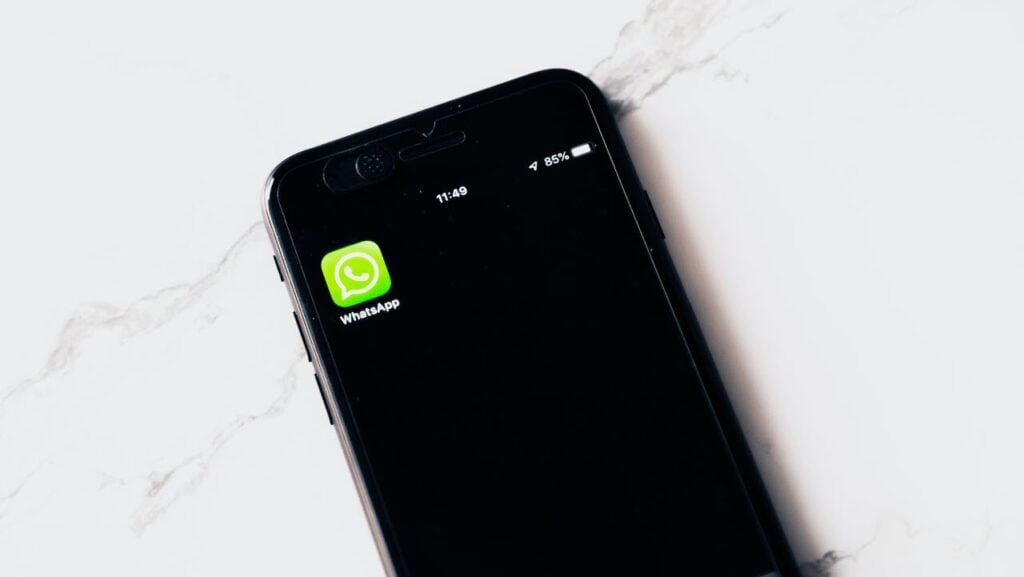The government of India is preparing to enforce a law requiring WhatsApp to share information about the message’s first source ID, citing the increasing number of deepfakes being shared.
The move comes in response to the proliferation of deepfake videos featuring politicians, which are being widely circulated on WhatsApp, posing a potential threat to the nation’s electoral integrity, reported Indian Express.
Deepfakes are manipulated videos that use AI to generate an image of a celebrity or a well-known person and control what they say. These videos are dangerous as they can portray dangerous and communally sensitive videos under the guise of a politician, leading to a security situation in the country.
If the union government passes this law, it will be the first time it will directly instruct an internet platform to act per Section 4(2) of the IT Rules, 2021.

This move is anticipated to be controversial. WhatsApp and its parent company, Meta, previously contested this provision in the Delhi High Court in 2021, expressing concerns that it would severely undermine user privacy. However, it’s important to note that the case remains pending.
This development underscores the ongoing tensions between social media platforms and the government, particularly when addressing issues such as online misinformation, which typically intensify during elections and spread widely on internet platforms.
The Information Technology Rules specify that online messaging companies reveal the identity of the initial sender of a particular message. These traceability orders can be issued by either a court or the government and are meant to prevent, detect, investigate, prosecute, or punish offences related to national security, public order, or friendly relations with foreign governments, among other purposes.
“The anonymous use of messaging platforms to propagate fake videos and audio is a major challenge we are grappling with. The traceability provision needs to be invoked to create some accountability and put brakes on this practice,” Minister of State for Electronics and IT Rajeev Chandrashekhar told Indian Express.
Currently, WhatsApp hasn’t come out with a statement regarding the matter.
In September 2023, the UK parliament passed the Online Safety Bill with messaging services like WhatsApp, claiming that this law will break encryption.
In the News: Net Neutrality debate in India explained in 15 points






